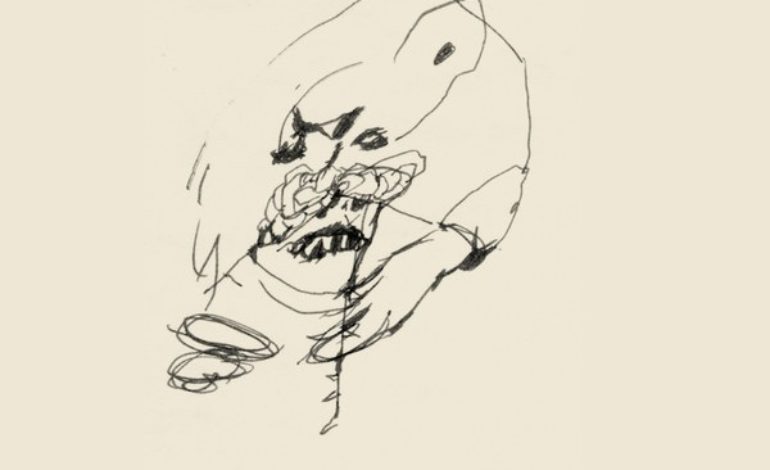

The calls of the wild
Patti Smith’s new release The Peyote Dance is an extension of her usual, rebelling self. Her lyrics are crazed and nightmarish, due to using French poet Antonin Artaud’s hallucinogenic poetry written in Mexico in 1936 as her source. The instrumentals, actual field recordings taken in Mexico, act as the campfire in which The Peyote Dance is delivered, Smith gives serious voice to Artaud’s dark stories of the night.
The opening track “Una Nota Sobre El Peyote Ft. Gael Garcia” is the only one featuring a man’s voice over a thumping western beat. He speaks in Spanish, a deep voice with suave character.
Then, we jump right into it. “Indian Culture” has Smith recounting Artaud’s written trip through Mexico’s Sierra Tarahumara, a journey in which he desired to escape the bourgeois society and self-discover the magical ways of living through observing wild tribes. The lines are stained with drugged-out supernatural concepts from Artaud’s experimentation with the cactus-based hallucinogen Peyote. Smith delivers words such as “filthy, parasitic…pulled out of the fire for the sun swallowed whole…the warlike underground uprising of the shields of all the booze… Christian fuck fest… It means the war.” These Xiu Xiu style nightmarish lyrics are spoken over a twangy banjo beat. “I am there” echoes over and over until it fades away.
The record continues with airy and organic instrumentals as Smith reads out more of Artaud’s work. “Tutuguri The Rite of the Black Sun” presents Smith with the same severe and cold voice crying out “Abolition of the cross.” At one point, the song seems obsessive over religious factors Artaud crossed during his journey, and Smith’s voice sounds frail and sinister in delivery.
Artaud’s poetry, which is the source of this record, is brilliant in its own way, being that he was a crazed genius in his thoughts and written words. However, this record seems a bit confused in the way the poetry is presented: is Smith attempting to shed light on a political message by using his work, or is she merely performing a recounting of Artaud’s strange trip? In “The New Revelations of Being” lines like “power eats power, short of war, no stability, and the guns and the guns and the guns,” are hard to make sense of, and hard to even listen to in terms of it sounding like music rather than a straightforward narrative.
Nonetheless, the record is more than just an audiobook. A stand out on the record, and Smith writing this one herself is “Ivry” a thumping beat met with a twangy western guitar (original instruments from the Raramuri people of the Sierra Tarahurama, Mexico). A shuffling of cloth acts like a shaker. The camp-side fire finally catches up to Smith’s voice, now warmer and singing. Her lyrics play with words intelligently, “On this lovely night, lovely journey, ritual shadows form reform.” As the song moves forward, the lyrics descend again into darker concepts of a man “sleeping with his eyes open.”
The Peyote Dance is a powerful record in the way it sources its text from an intense story. Smith is experimenting here, changing her music up in a way that is quite unpredictable. It’s worth listening to, and it’s probably worth reading Artaud’s work separately to gain a feel for the overall delivery. A brave endeavor, and a record that will chill you to the bone, The Peyote Dance is nothing like anything you have ever listened to before.
